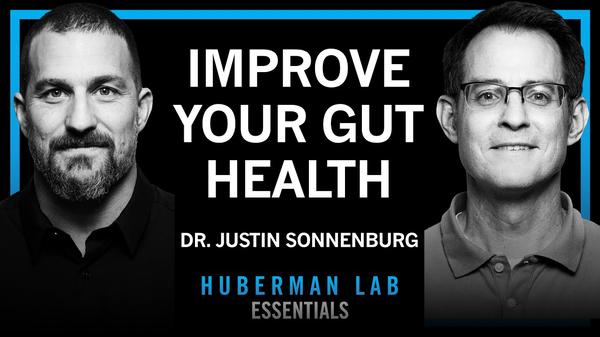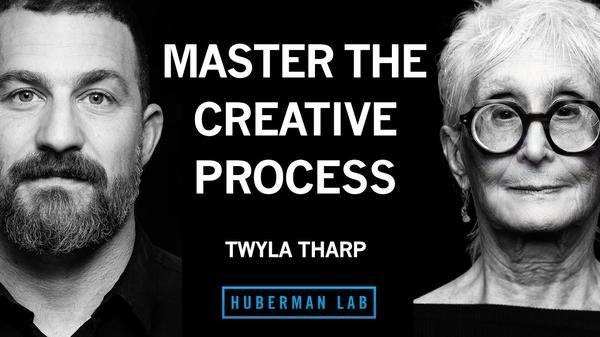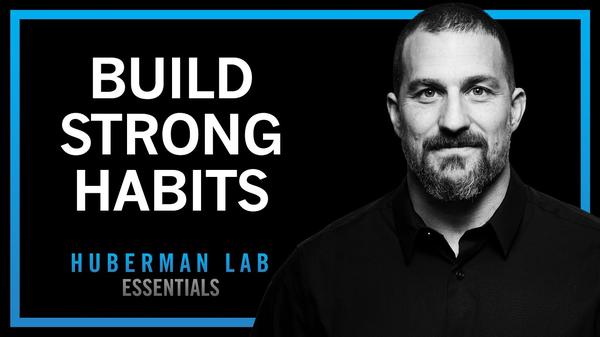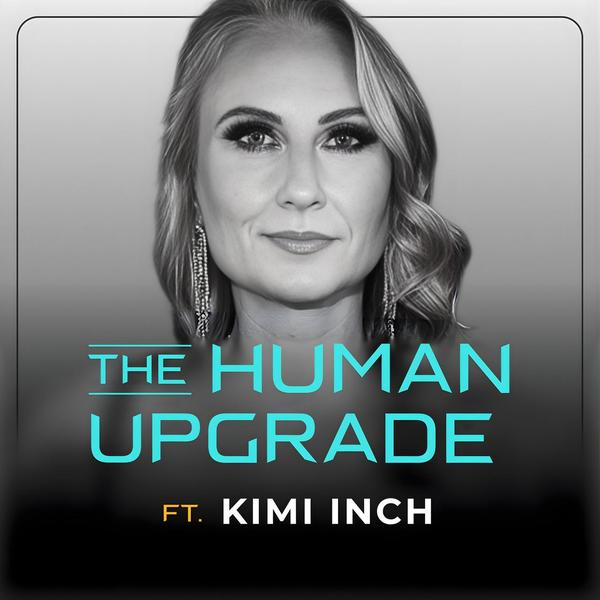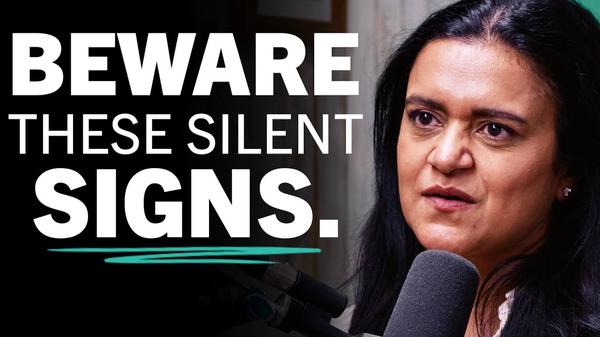
How to Cultivate a Positive, Growth-Oriented Mindset | Dr. Jamil Zaki
Andrew Huberman
Sep 2, 2024
Mindsip insights from this episode:
Break free from mistrust to seize opportunities
Trusting someone and being wrong is a learning experience, but mistrusting someone incorrectly is a 'wicked learning environment' where you never see the missed opportunity and can't update your negative belief.
Reduce cynicism to improve health and longevity
Large studies show cynics have greater cellular inflammation, more heart disease, and higher rates of all-cause mortality, leading to shorter lives than non-cynics.
Challenge the myth: cynics perform worse on cognitive tests
We culturally perceive cynics as being smarter and wiser, but data from tens of thousands of people shows they actually perform worse on cognitive tests.
Challenge cynicism to improve lie detection skills
Contrary to stereotypes, cynics are less effective than non-cynics at detecting liars because their blanket negative assumptions prevent them from sharply attending to evidence.
Rethink trust: 80% of strangers are trustworthy
In economic 'trust games,' people predict only about 55% of strangers will be trustworthy and return money, but the actual data shows that 80% do.
Foster trust through collaborative environments
A study of two fishing villages found that a collaborative work environment fostered more trust over time, while a competitive, zero-sum environment made people less trusting.
Witness moral beauty to experience awe in everyday life
The most common source of awe is not nature or space but what researchers call 'moral beauty,' which is witnessing everyday acts of kindness, compassion, and connection.
Practice social savoring to retrain your brain for positivity
A practical tool to reduce cynicism is 'social savoring,' where you make a habit of noticing and sharing positive things about other people, which retrains your brain to see more good.
Challenge perceptions of political violence to bridge divides
We overestimate how much the opposing political side supports violence to advance their aims by 400%, creating a dangerously warped perception of reality.
Overcome cynicism to enhance stress relief through social support
Unlike most people, cynics do not experience a stress-buffering effect from social support, with their blood pressure spiking to the same high levels whether they are alone or with a friendly person.
More from
Andrew Huberman
You also might be interested in
The Hidden Damage That Happens "Behind-The-Scenes" In The Adult Entertainment Industry, With Former Adult Actress Felicity Feline
The Science of Erotic Altered States | Biohacking Sex
Neuroscientist: If You’re Feeling THIS, You’ve Lost Touch With Your True Self
Neuroscientist: If You Feel THIS, You're Living the Wrong Life (Unlock The One You're Meant For)
Drain your Brain, Protect it from Alzheimer’s Disease






